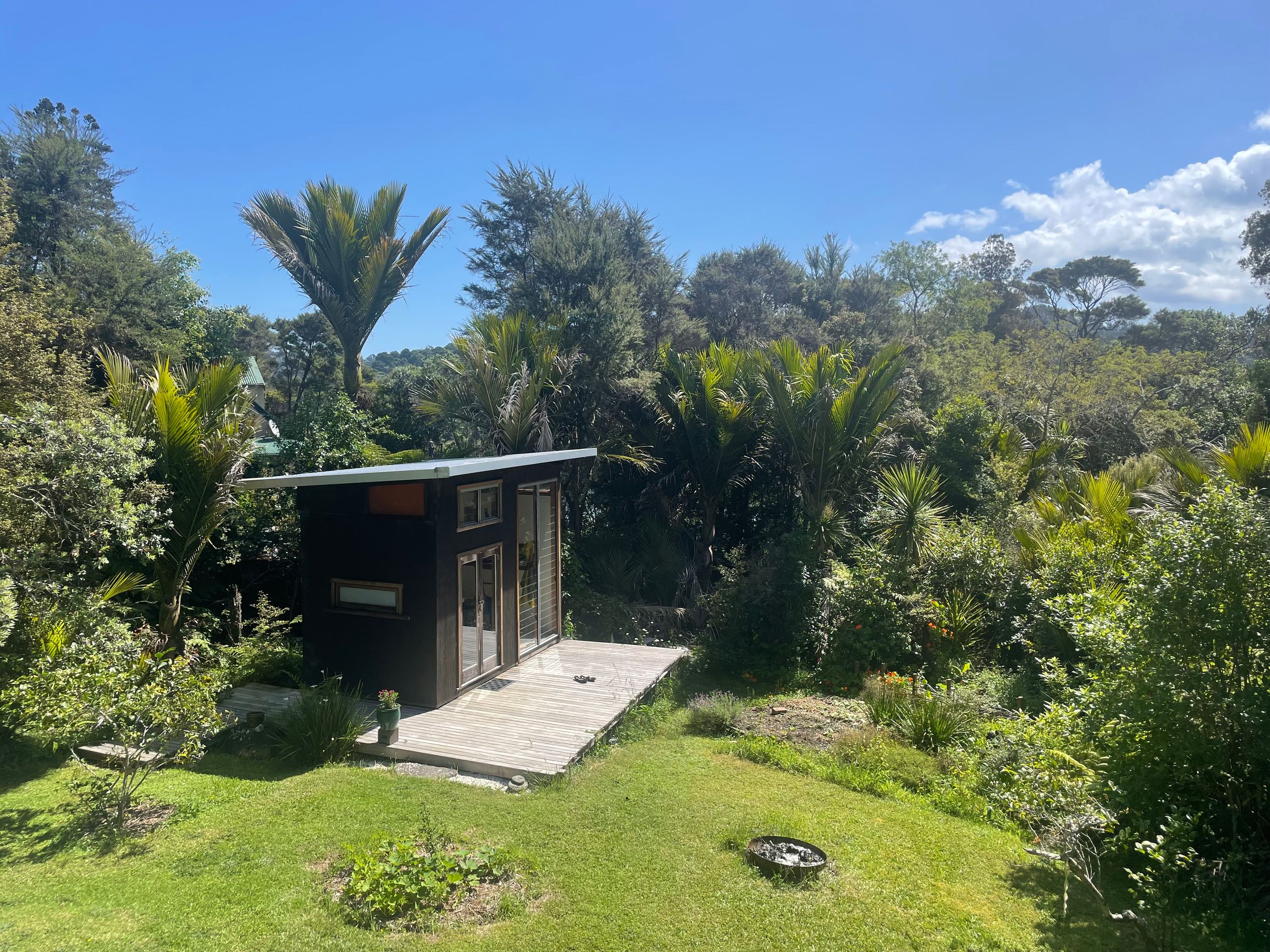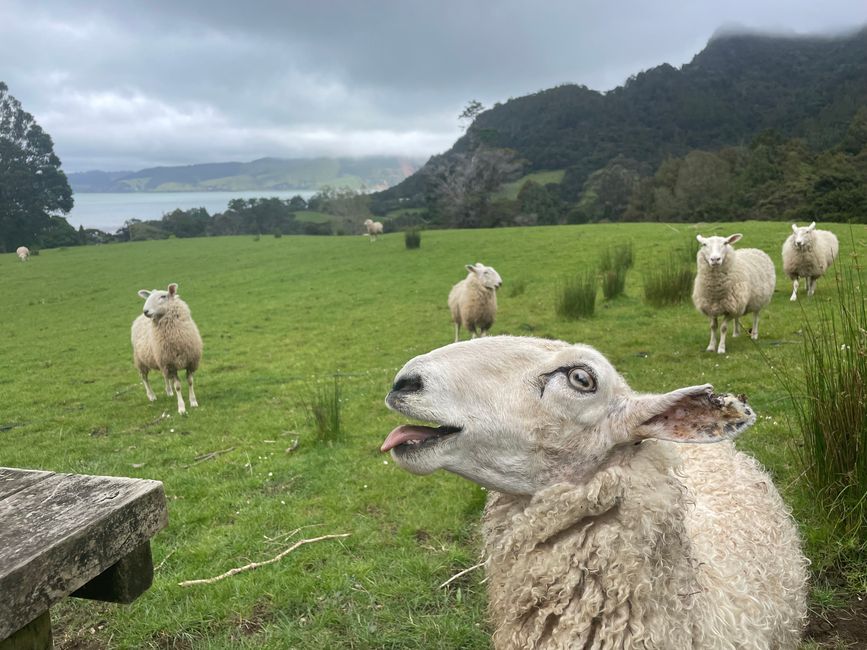
berichte-von-unterwegs
vakantio.de/berichte-von-unterwegs
South Island New Zealand - Beaumont
Wotae: 28.03.2023
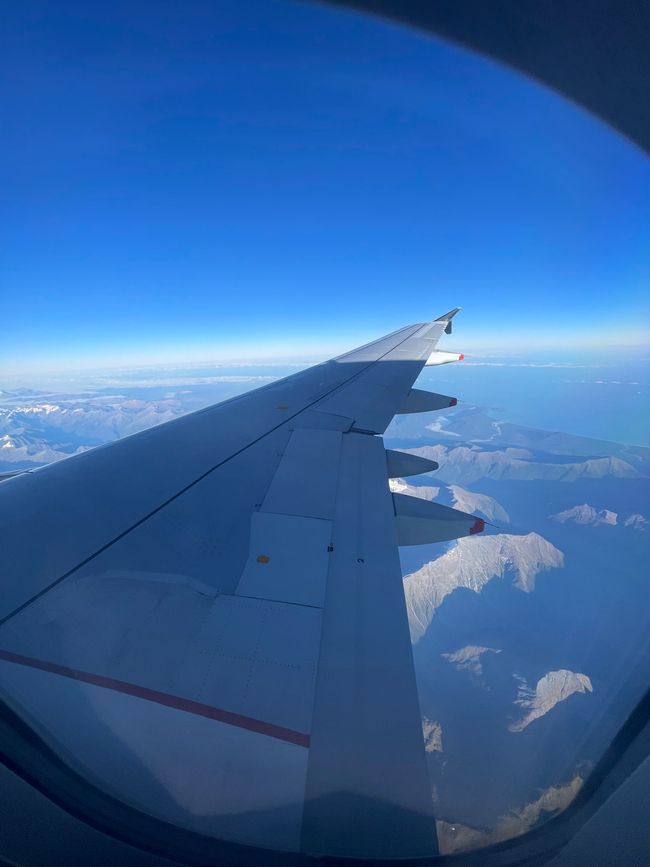
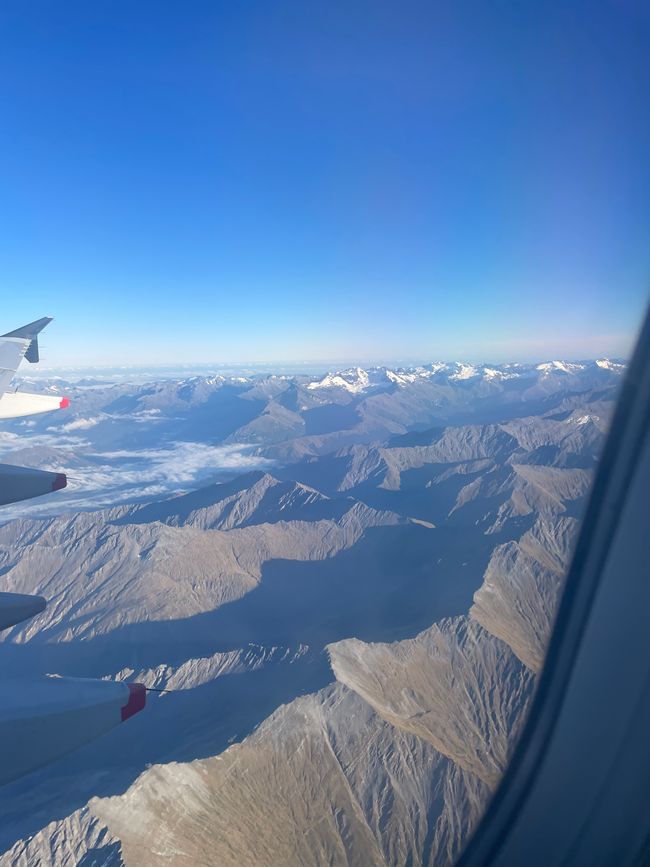
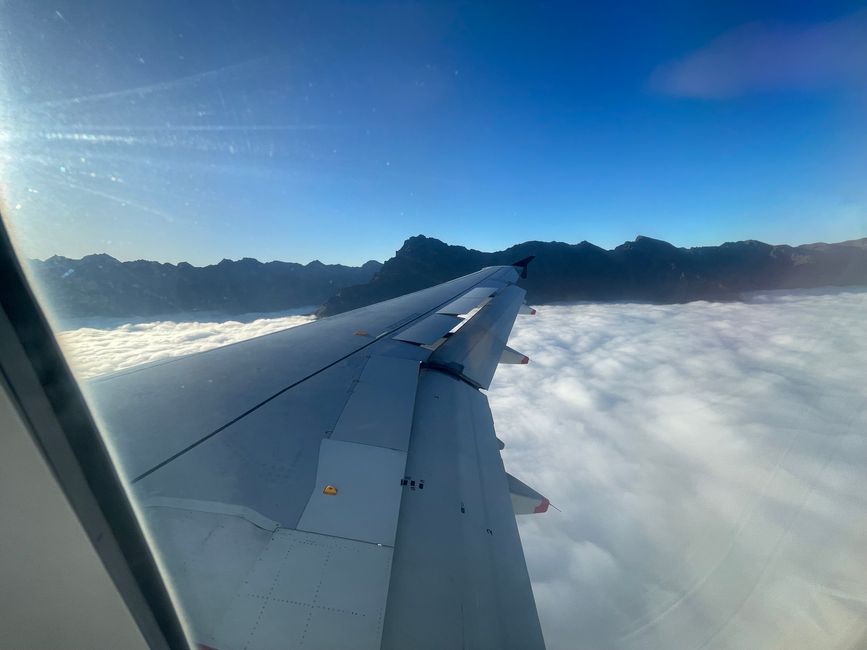
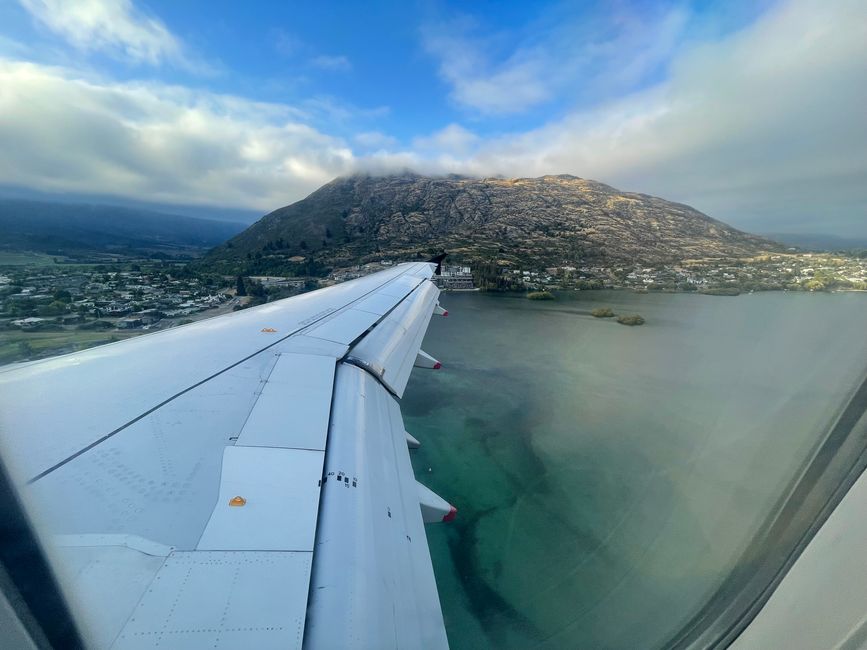
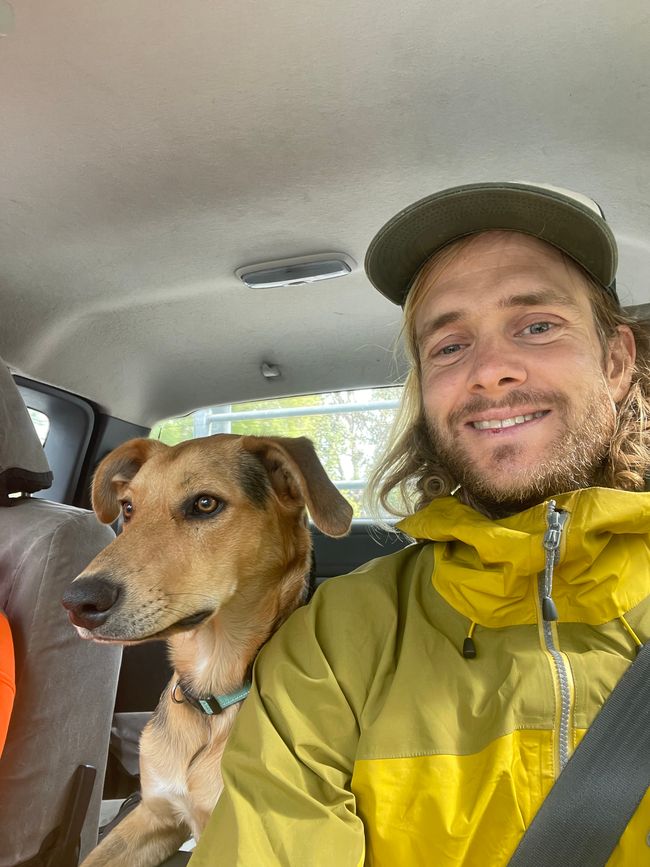
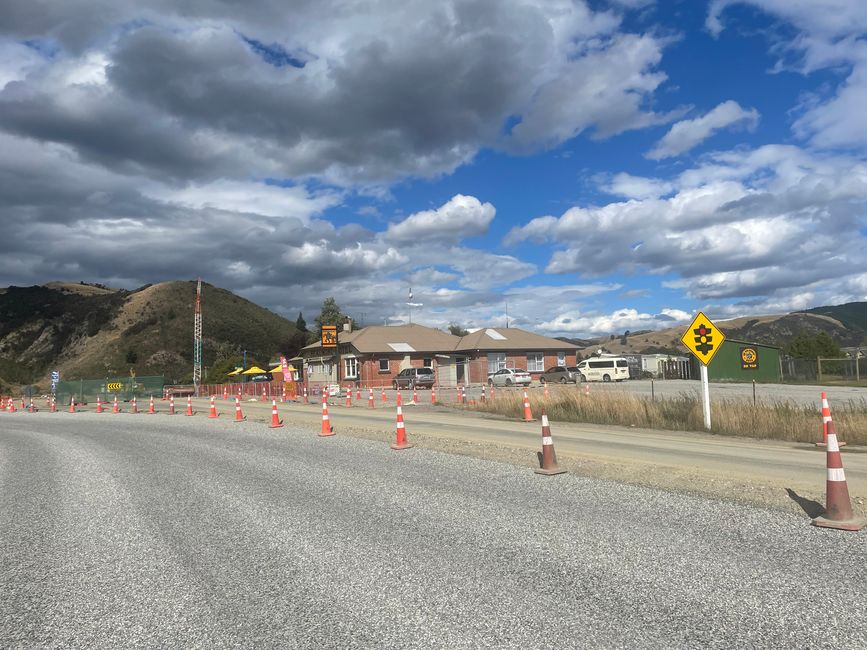
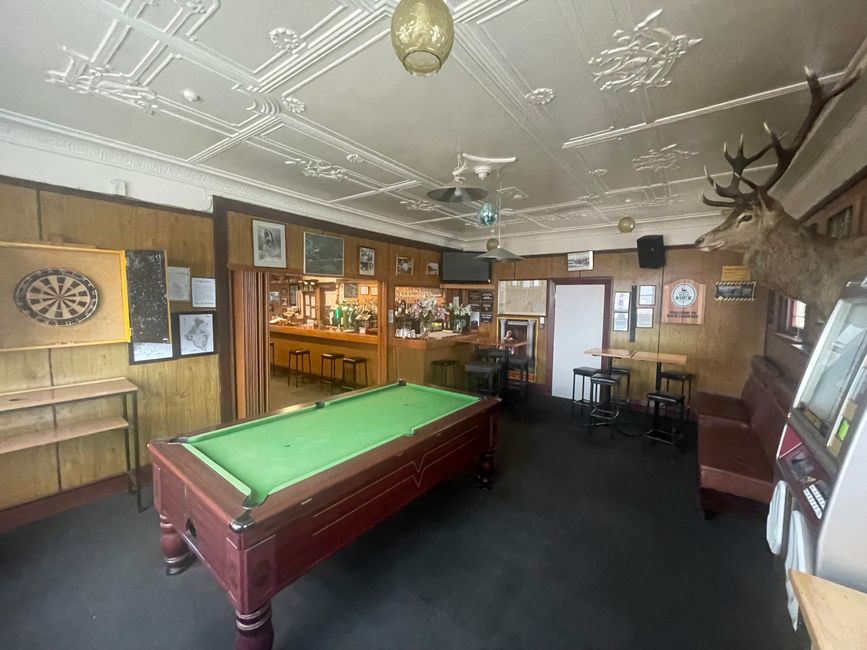
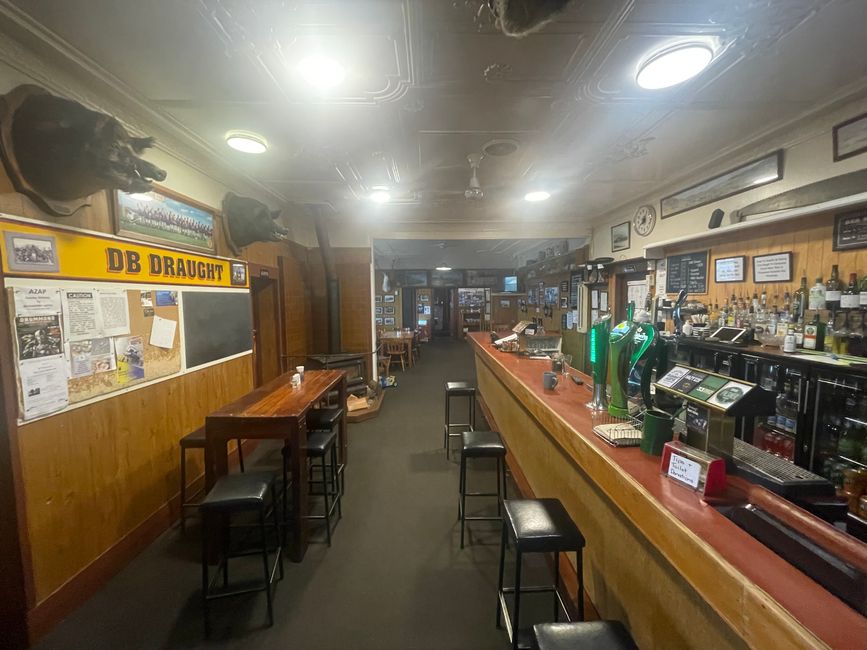
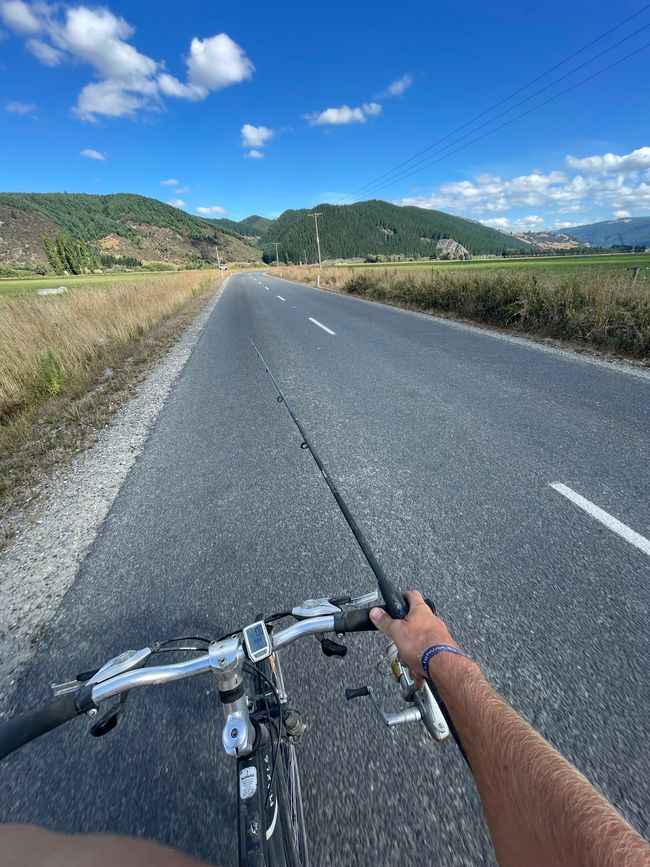
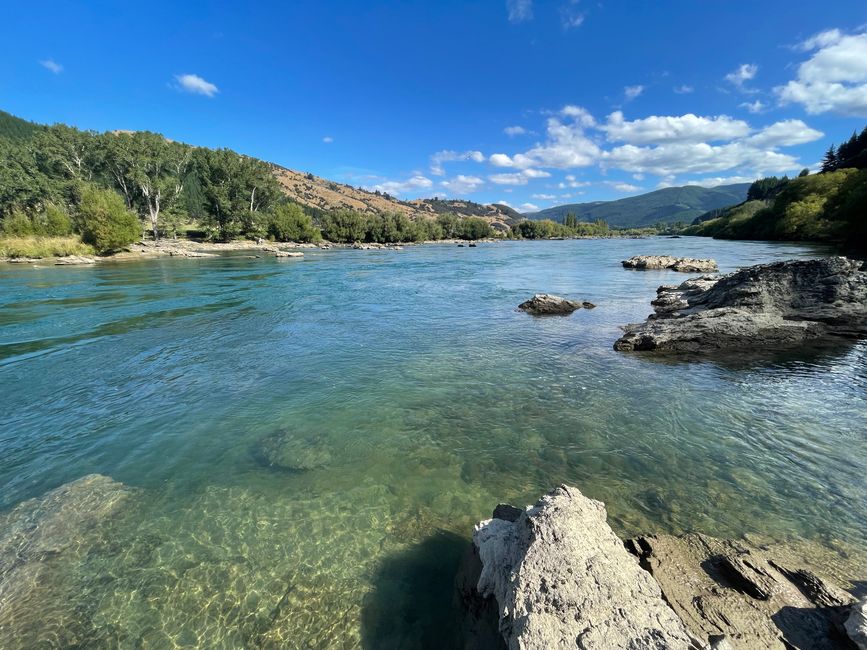
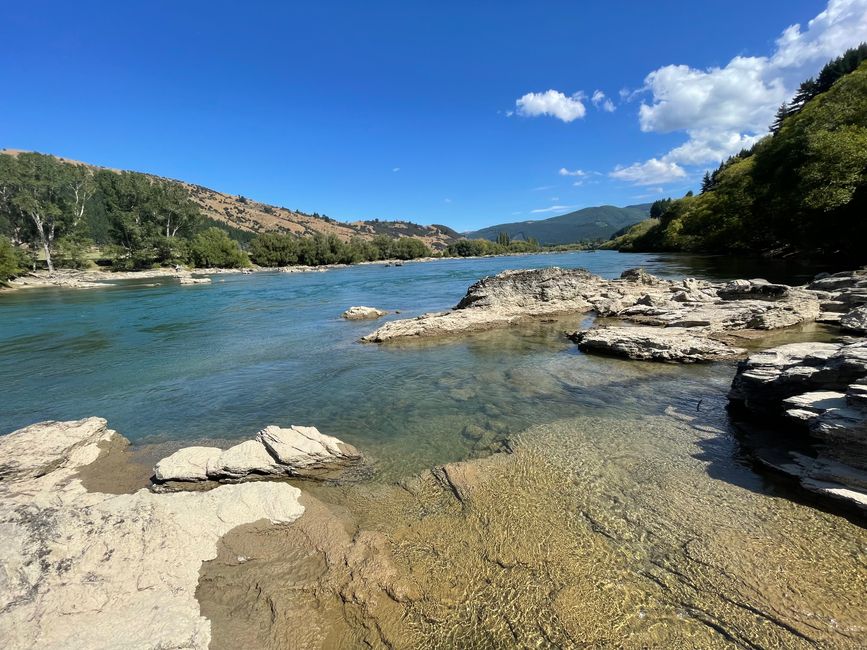
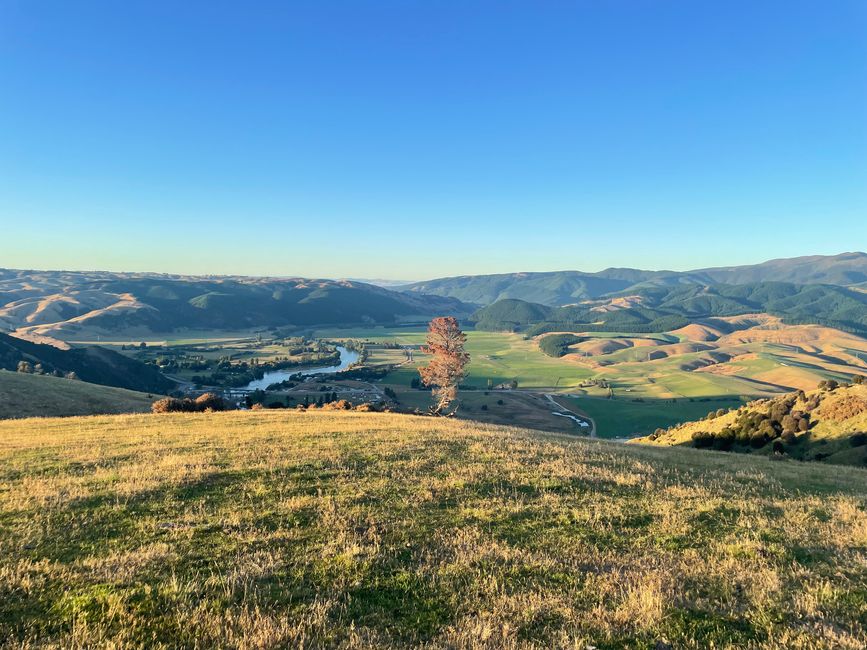
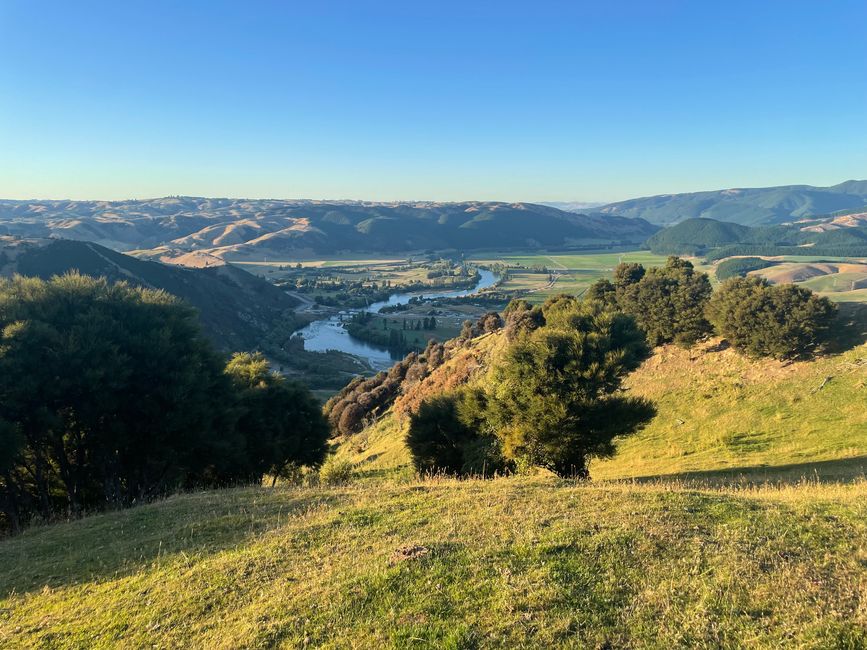
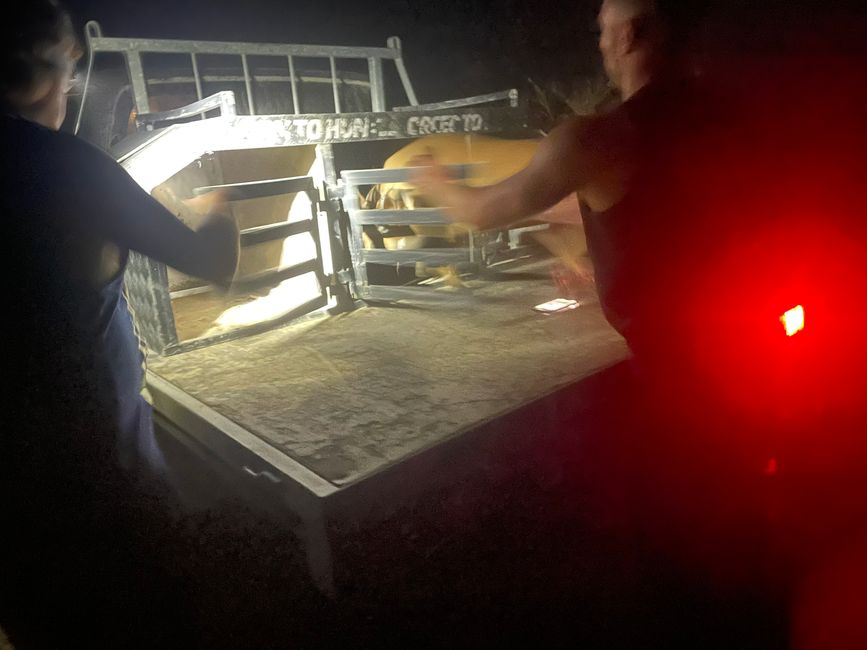
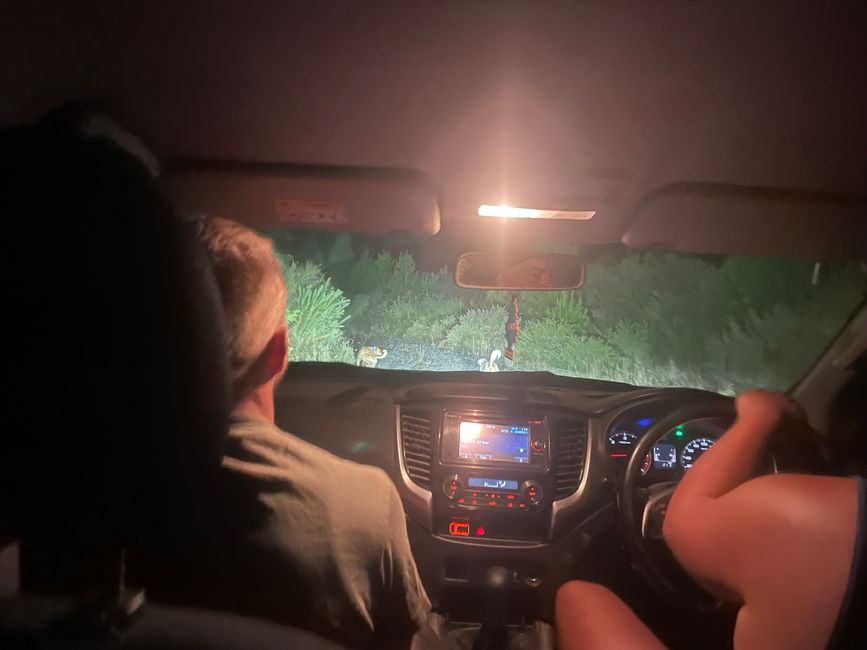
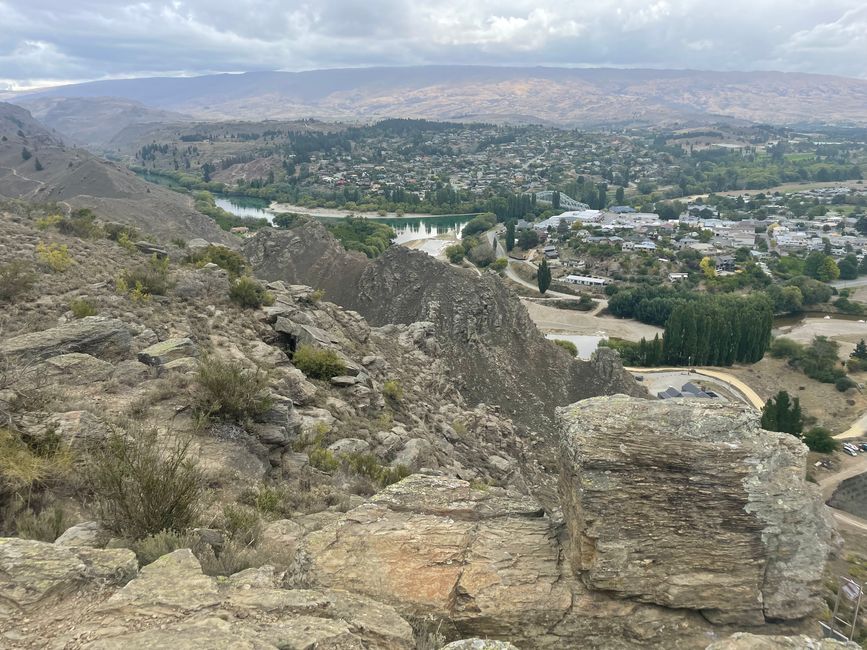
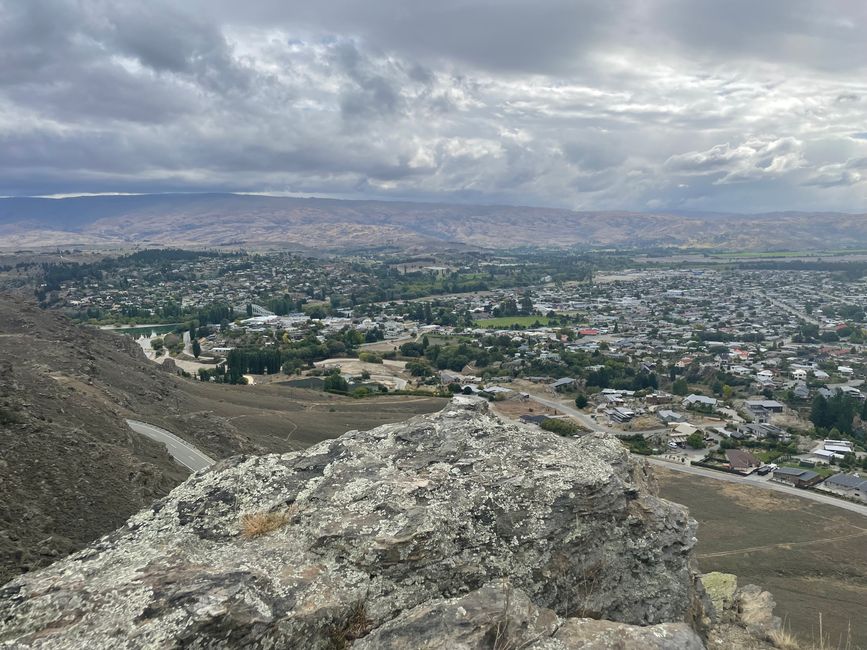
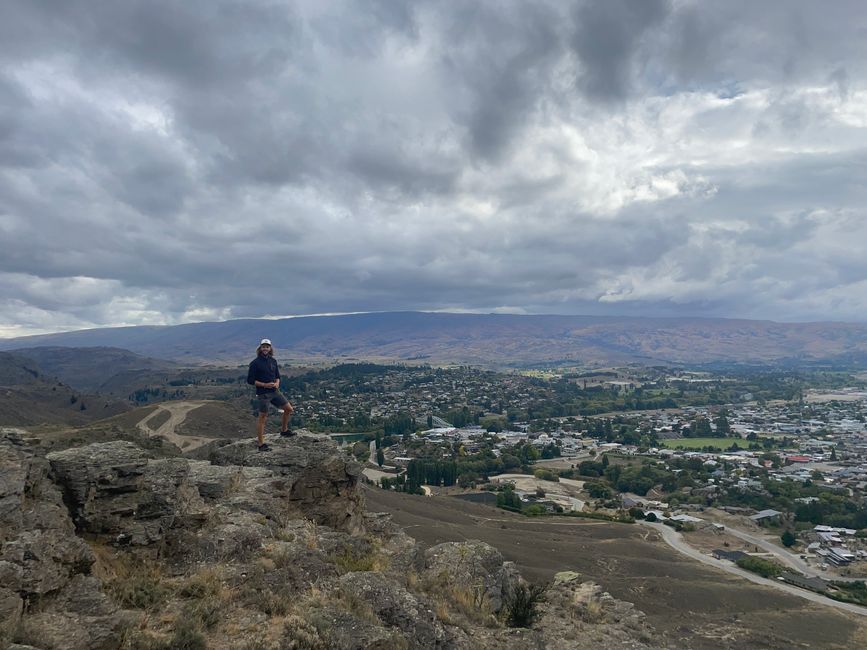
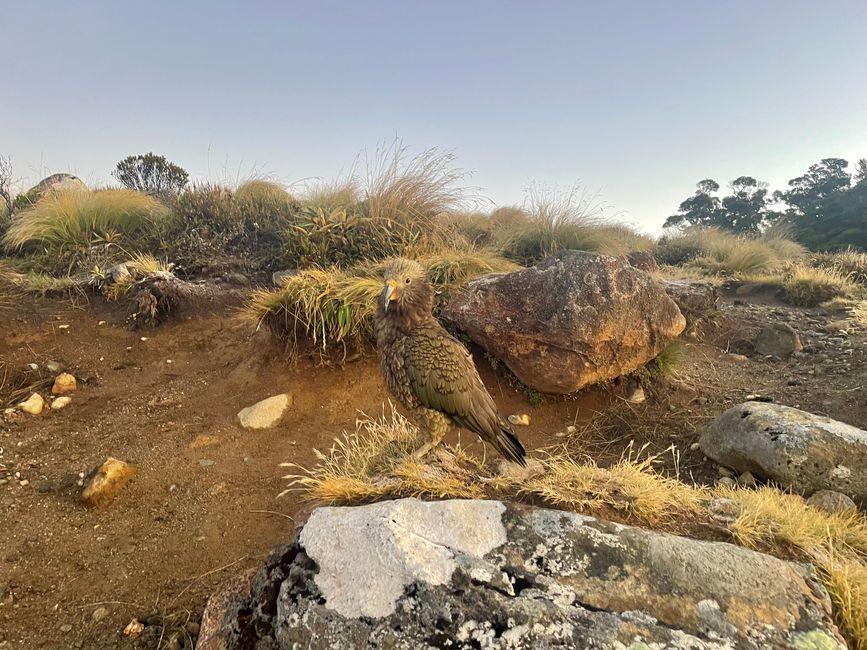
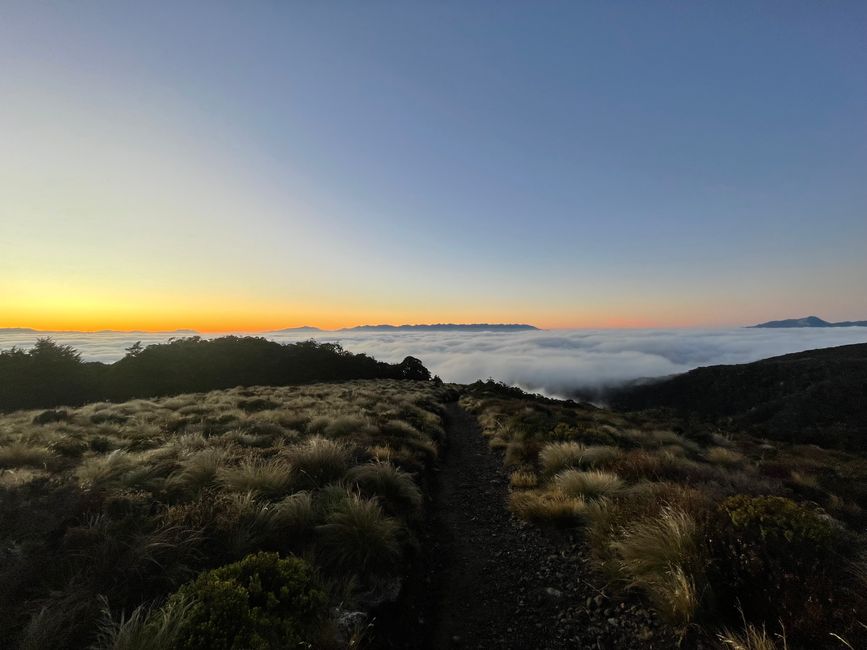
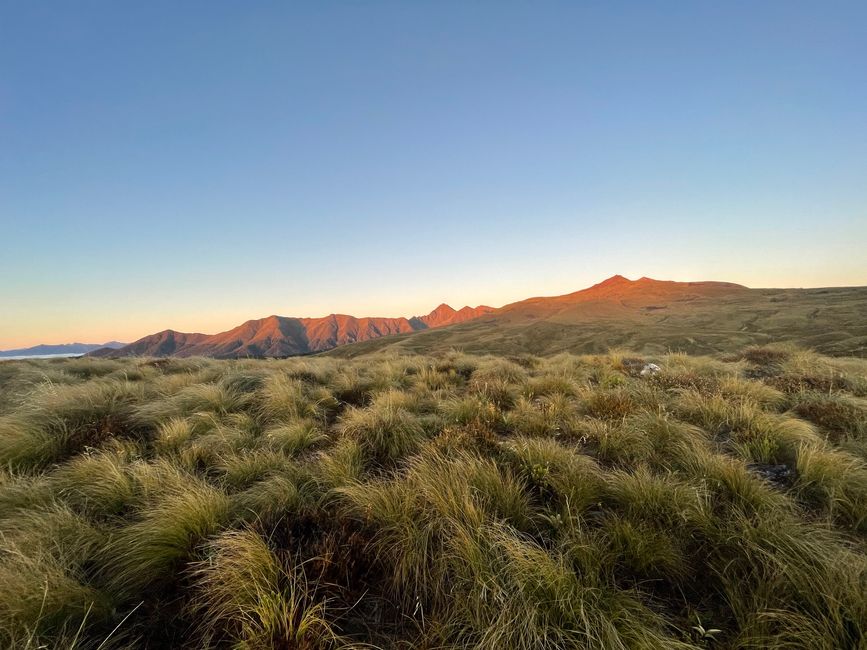
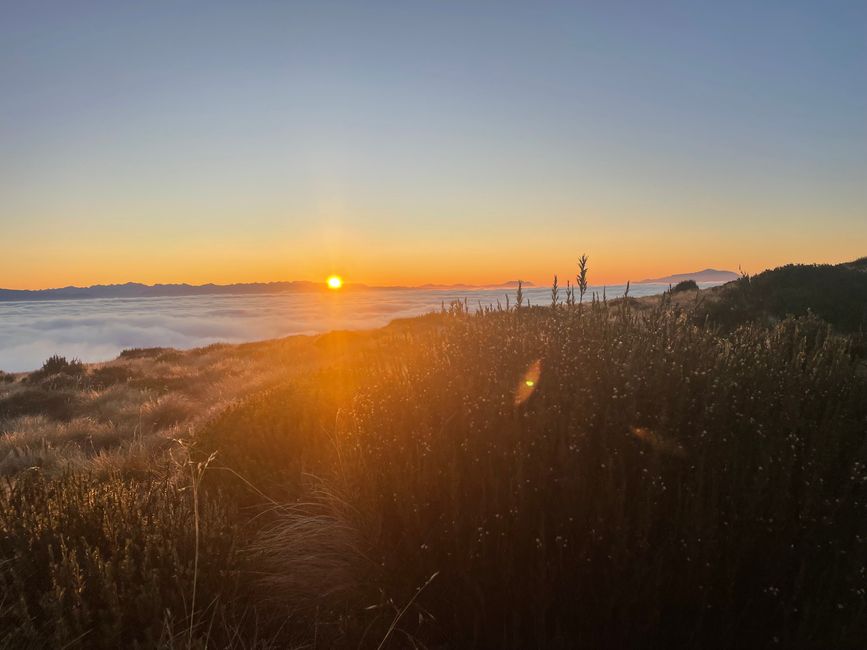
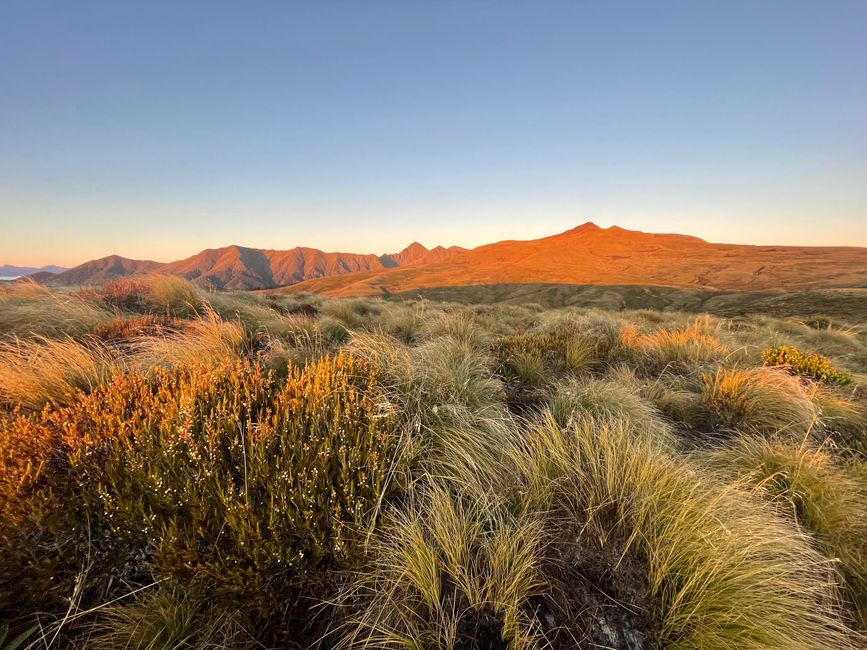
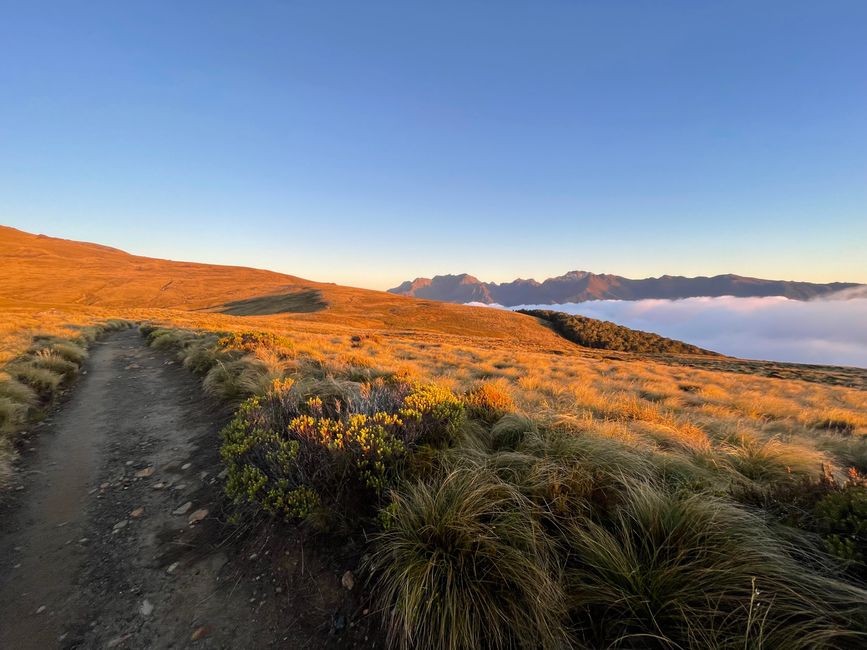
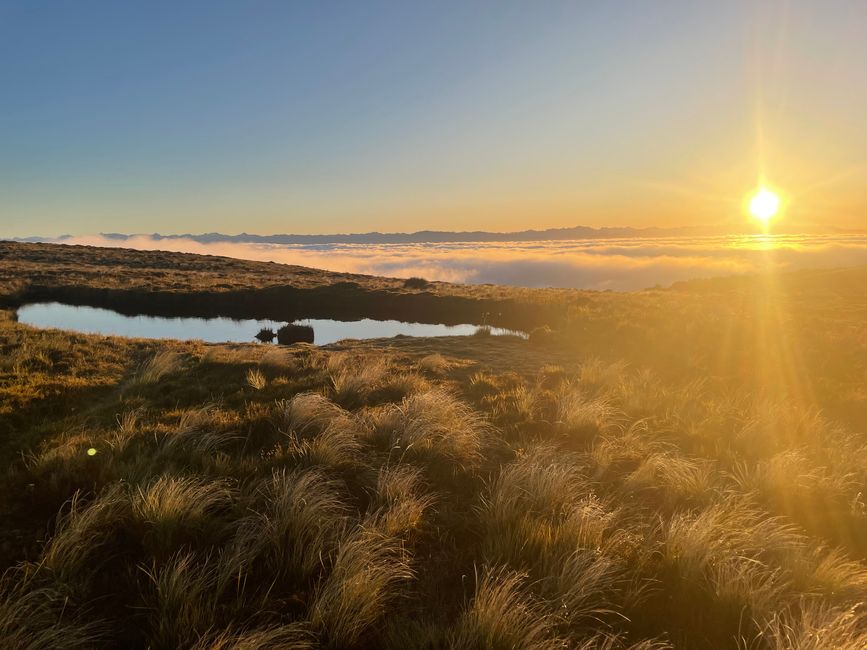
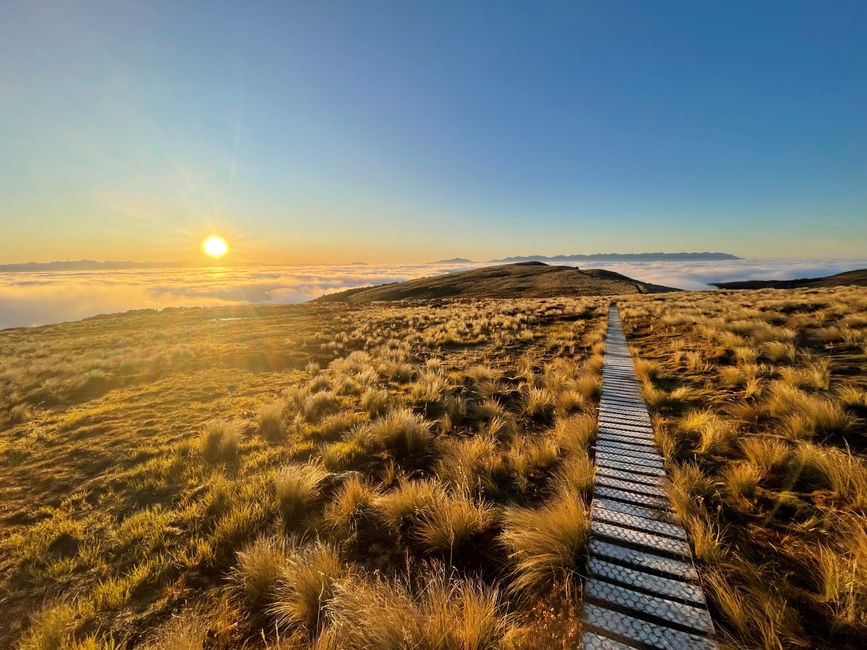
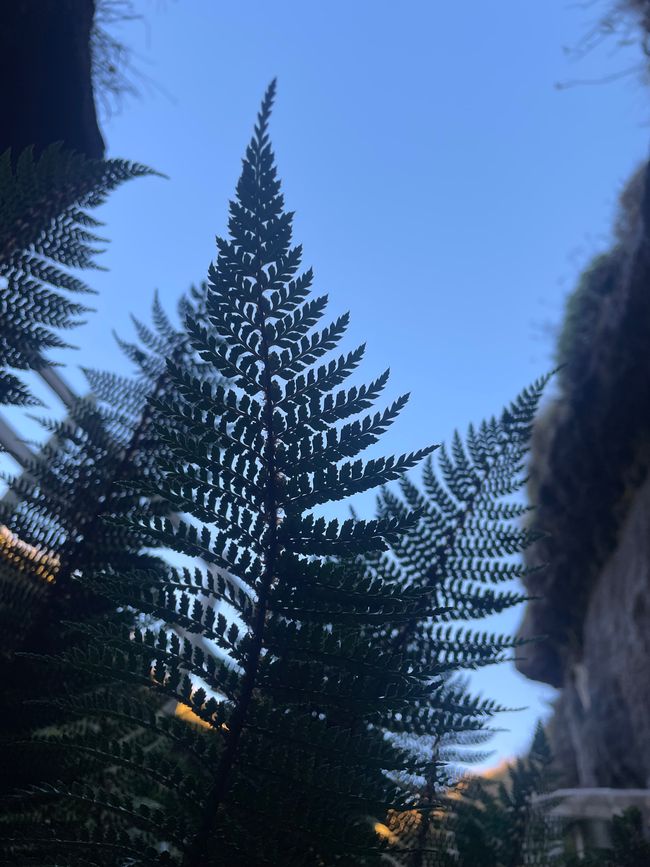
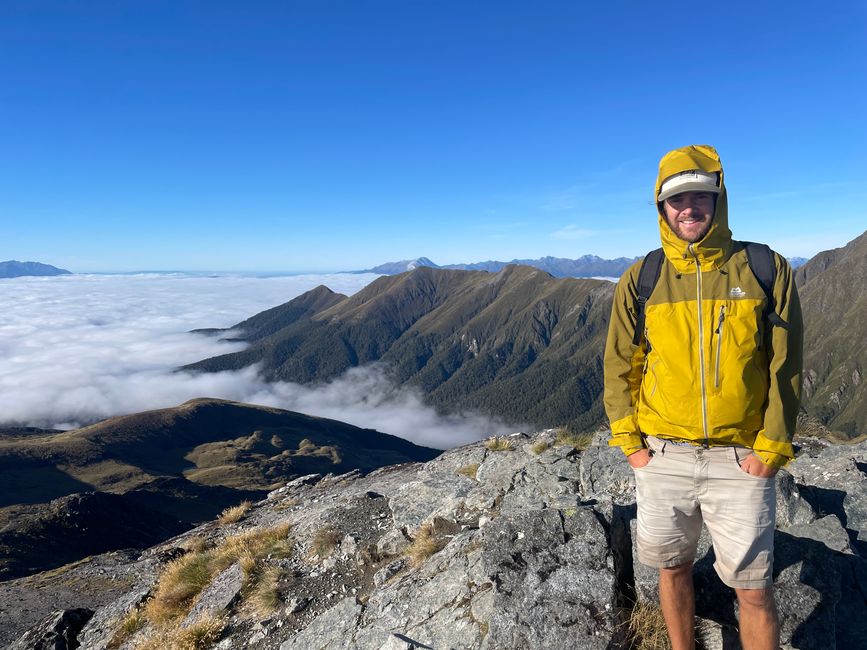
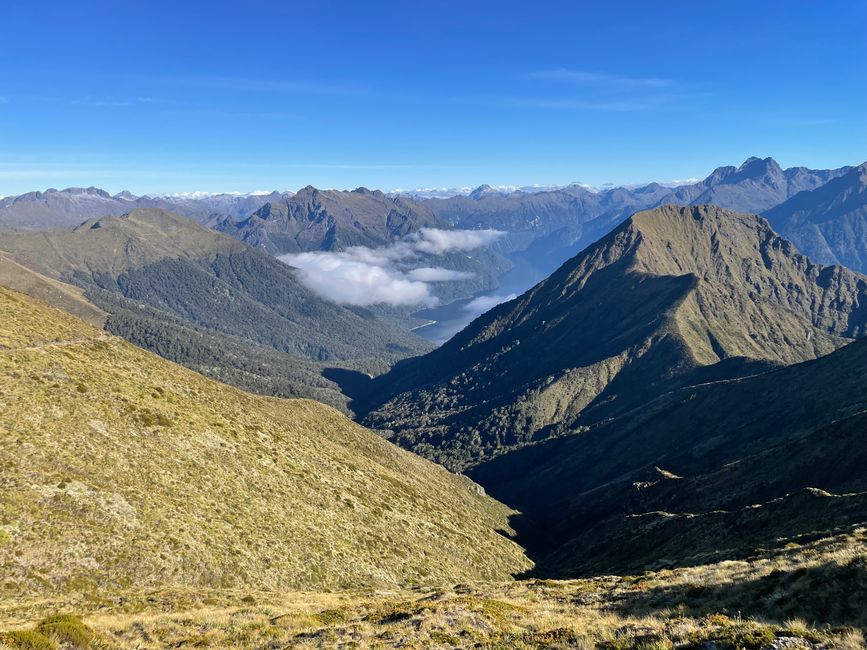
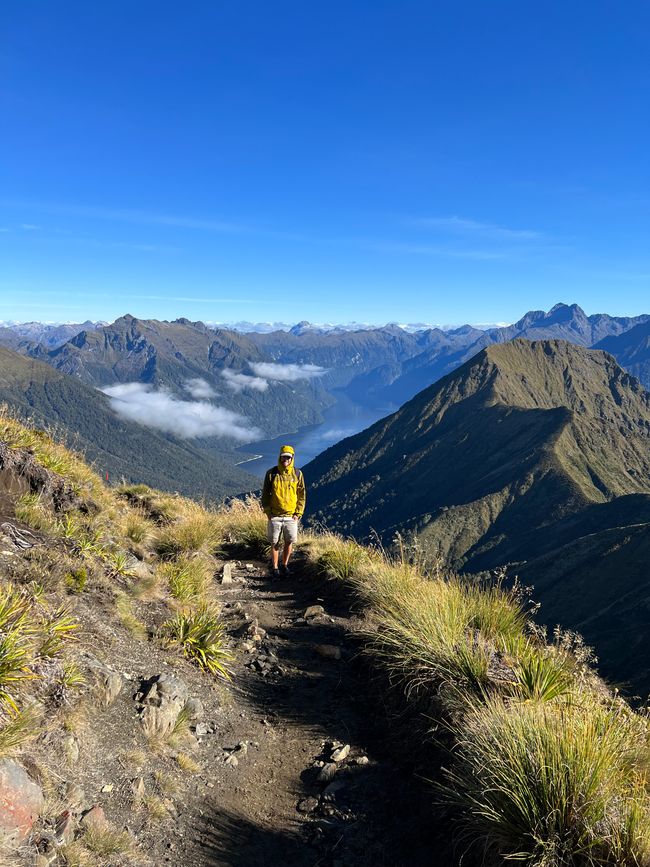
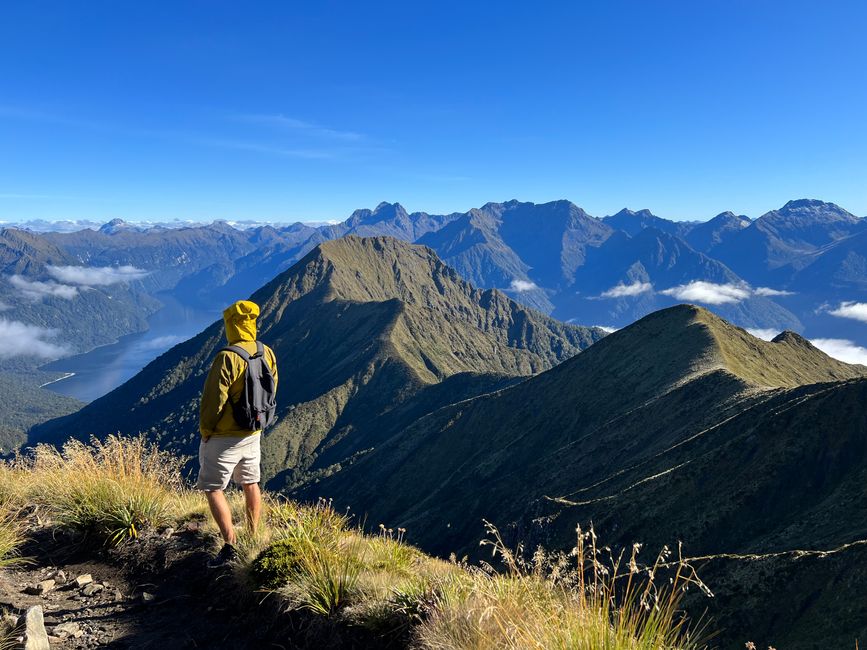
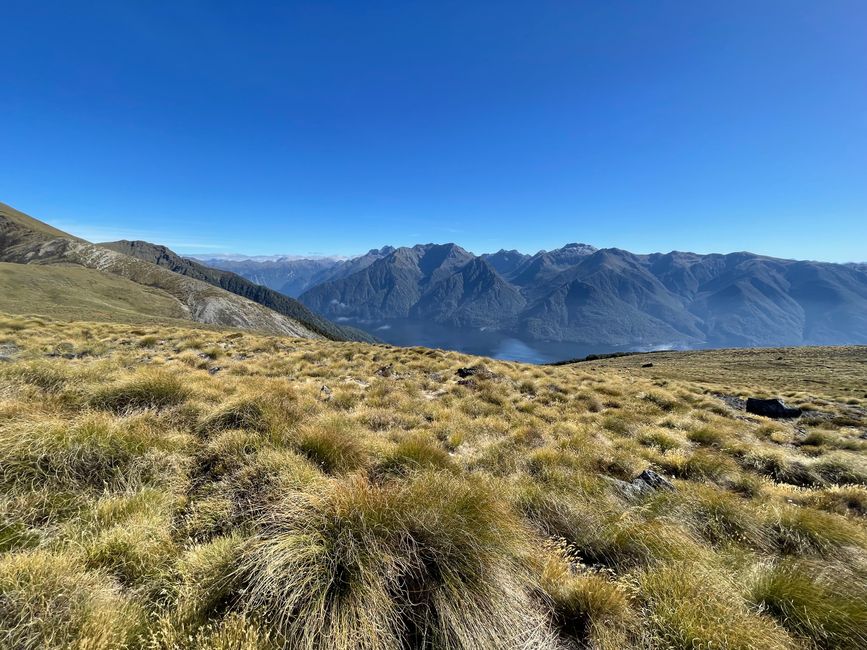
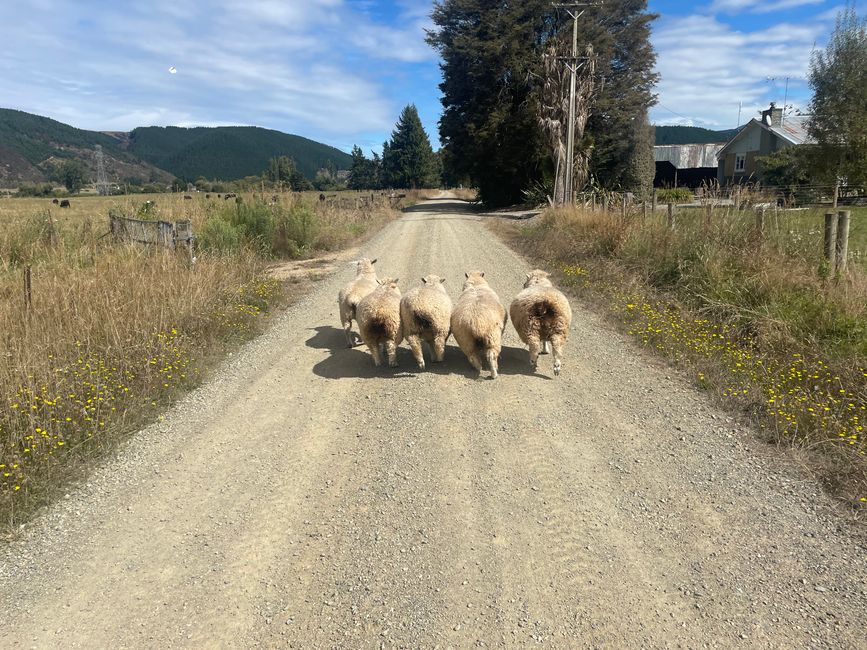
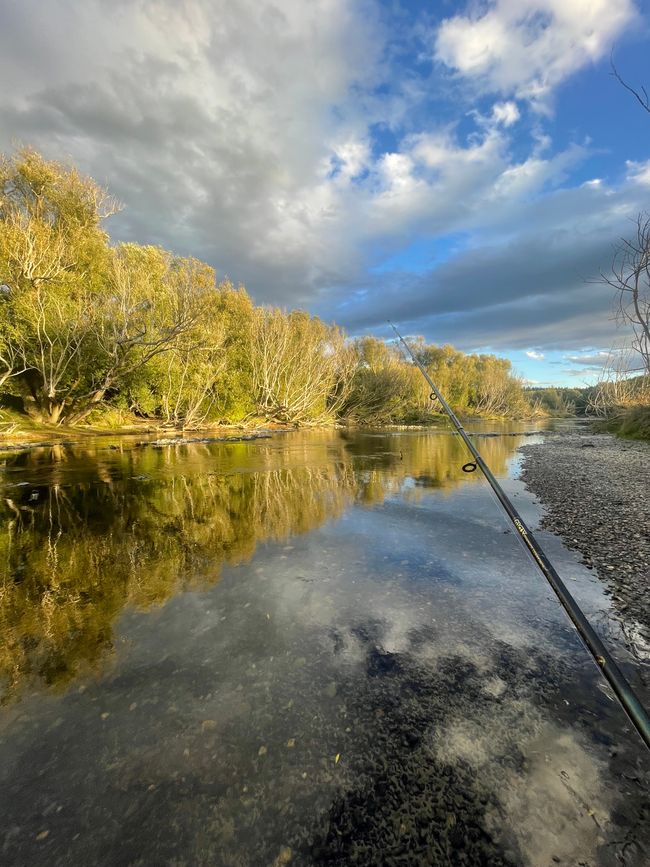
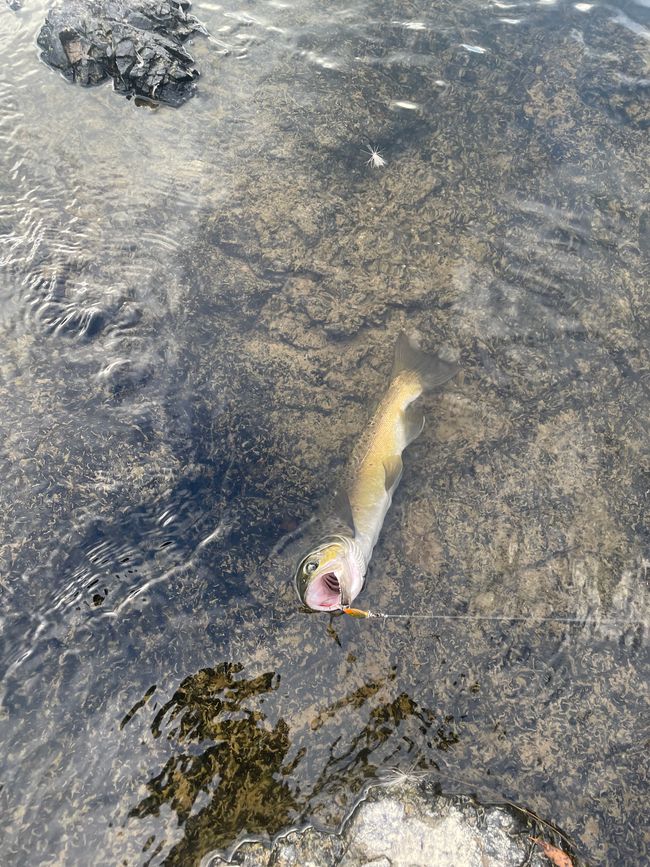
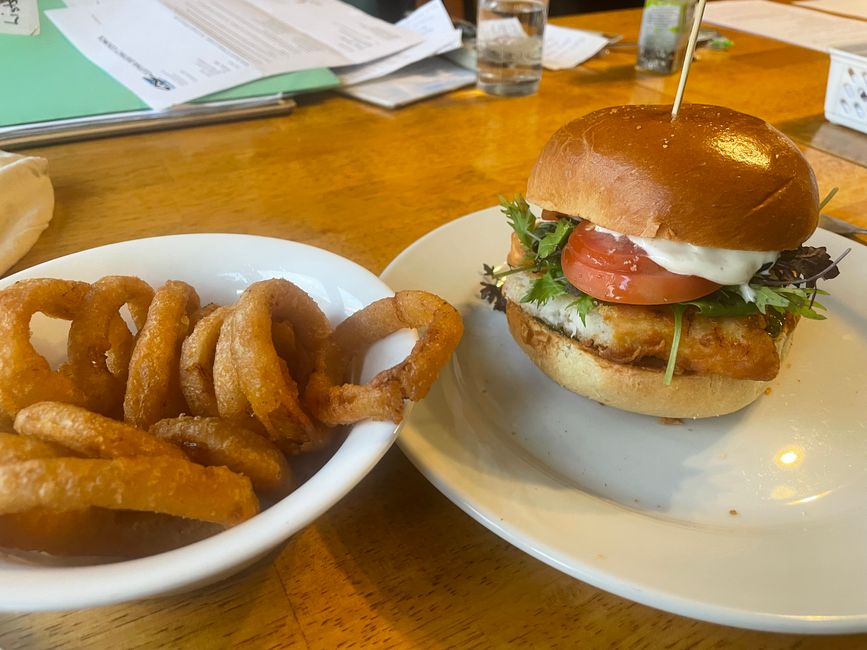
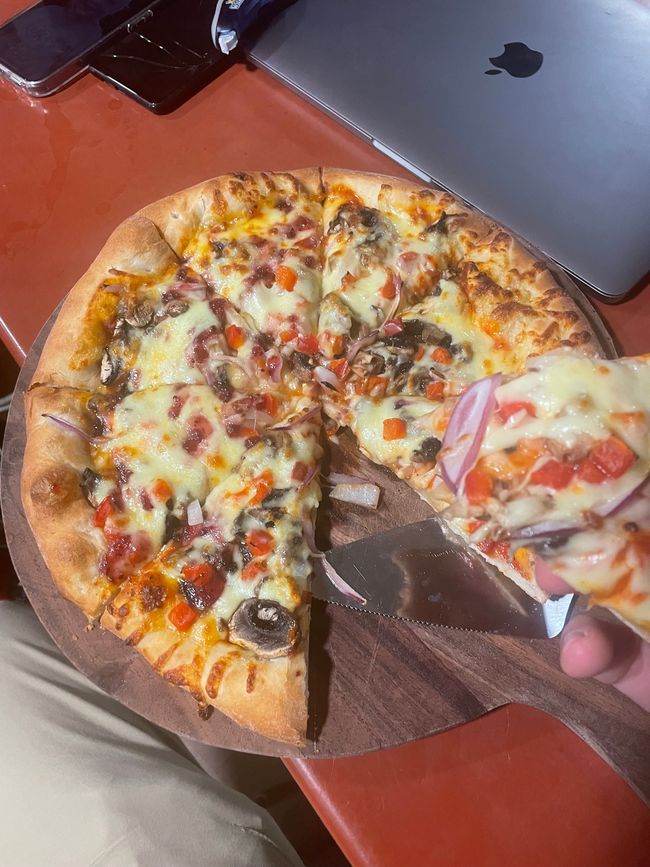
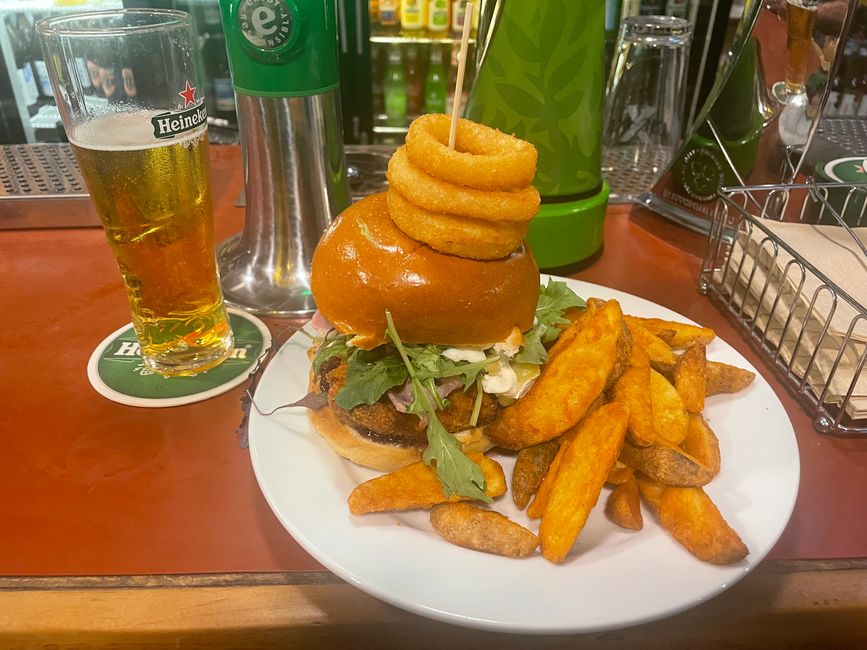
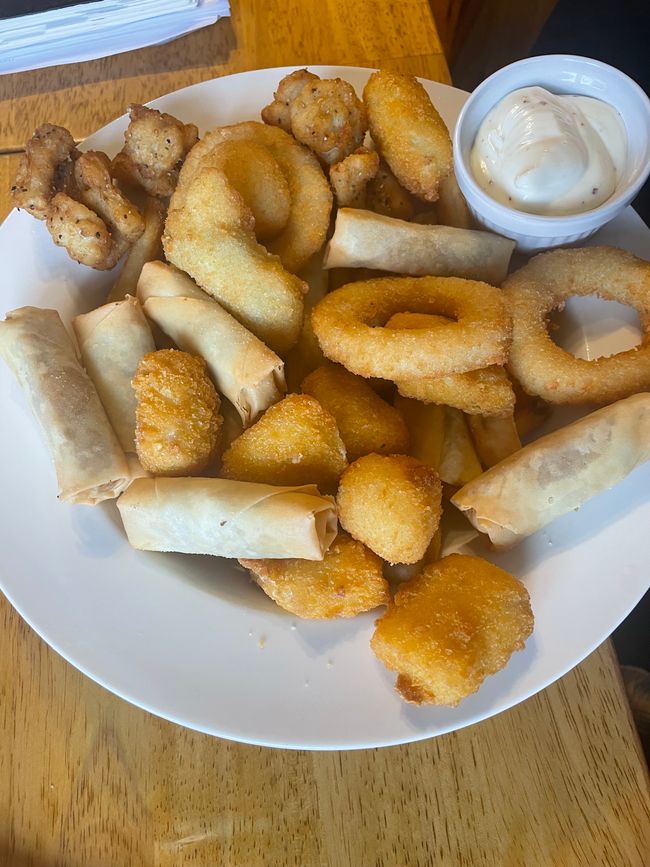
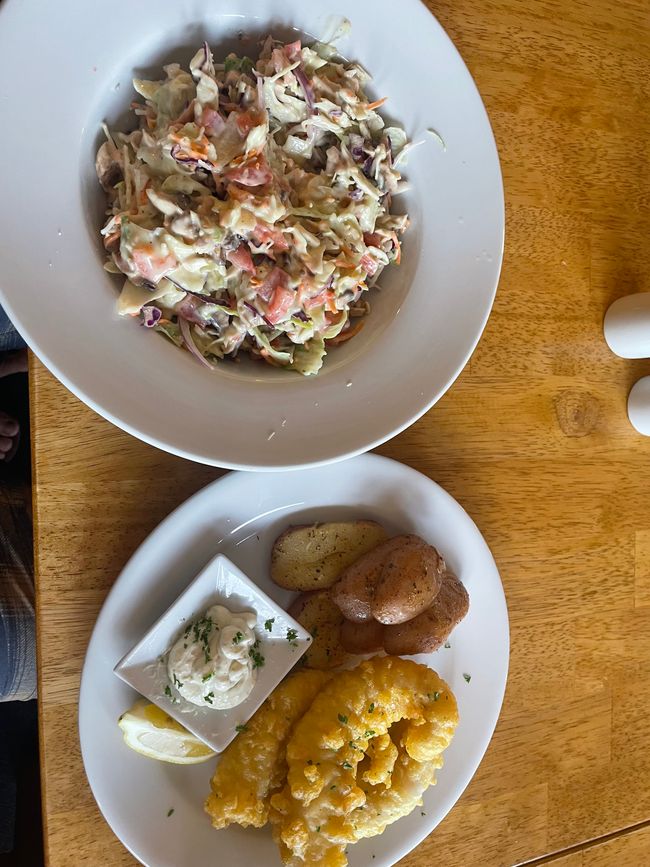
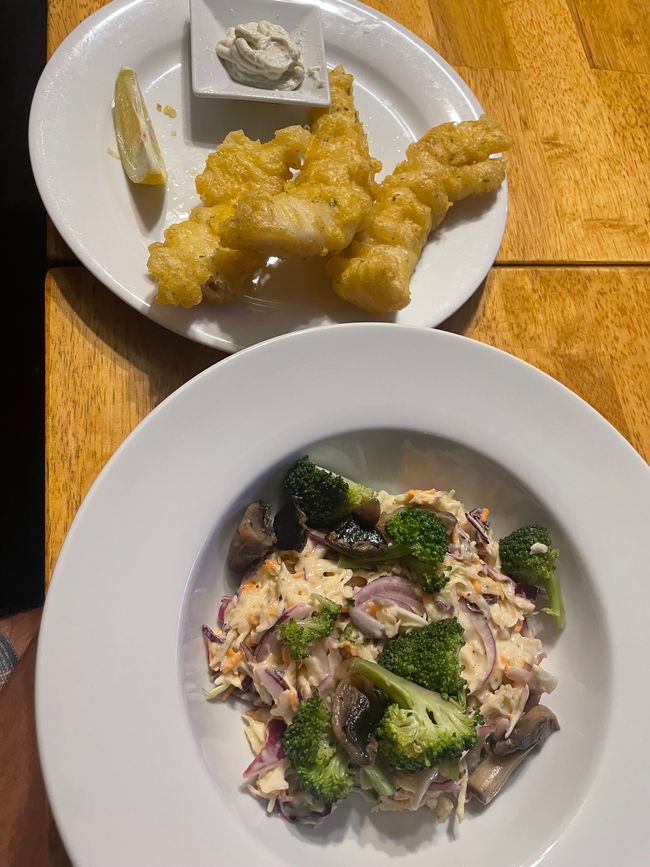
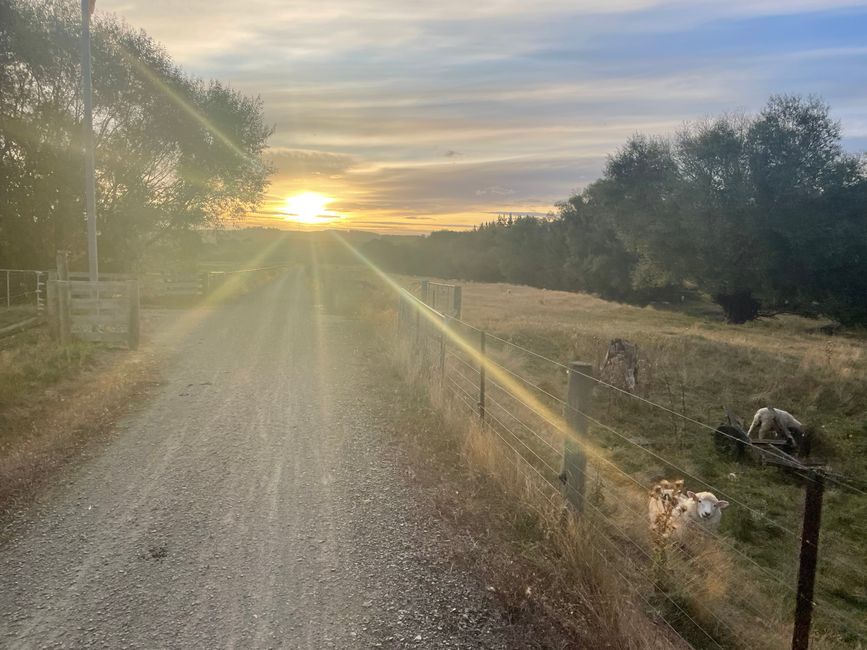
Wɔ Nudɔdɔ na Nyadzɔdzɔgbalẽ
Next on the agenda was a visit to the South Island of New Zealand. The landing in Queenstown was breathtaking. Coming from the west, the plane flew over the New Zealand Alps, found a gap between the mountains, and slowly descended over Lake Queenstown, ultimately landing in the midst of mountains. From there, I hitchhiked to Beaumont, further southeast of Queenstown. And once again, there were all kinds of nice people who gave me a ride and had interesting stories to tell. There was a worker who had to finish a construction site on Sunday, a German couple on a world trip, a heavily toothless man in his mid-thirties who was on his way to milk cows, a nurse who provided a horse for the filming of Lord of the Rings and earned a lot of money, and another older lady who impulsively stopped but then realized that she had never taken anyone with her before, got scared, and first had to answer the question of my mother's name before I was allowed to get in the car. In the end, she took a little detour and dropped me off at Gunni and Ally's hotel and pub.
Ally had met Gunni during a trip to Iceland. They had initially lived in Gunnis homeland for 20 years and also ran a restaurant business, until their children reached school age and the many vacation days were not compatible with their busy work days. So they moved to New Zealand, where a bar and hotel in the area where Ally grew up were looking for new owners. Since then, in Beaumont, a tiny village with 40 inhabitants, surrounded by large mountains and traversed by the longest and richest gold river in New Zealand called Clutha River, they have been running the Beaumont Hotel and Holiday Park. During the gold rush, up to 240 tons of gold were mined from the river and its surroundings using various mining techniques, and the gold was also the reason why there are many small villages and towns in this beautiful area today.
I entered the quaint bar, where large stuffed deer heads, wild boars, and oversized trout specimens hung, and I was greeted by Ally, who was in a hurry. She asked me to take a seat at the bar, settle in, have a drink, and order a meal from the menu. I didn't feel a hundred percent comfortable, but I didn't want to be unfriendly either, so I didn't complain and just went with the flow. And yes, for the next 2 weeks, this was how my life looked: beer and other spirits to my heart's content, and meals from the menu. It was traditional New Zealand cuisine, which is heavily influenced by American cuisine and wouldn't be complete without a deep fryer in the kitchen. Not only were my basic needs fulfilled above my usual standard, but they also gave me a bike, a car, and fishing equipment to make my leisure time more enjoyable. But everything had its price. They planned to sell the property at the end of the year and wanted to refurbish it to get the highest possible price. So they had prepared a considerable list of tasks for me. And it was smart of them because they managed to elicit feelings of gratitude and guilt from me quite well, so I ended up working about 2 extra hours every day instead of the agreed upon 4. But I don't want to complain: from the beginning, I felt very welcome, included, and appreciated, so the extra 2 hours a day didn't matter much. And it didn't actually feel easy for me to work "only" 2 extra hours a day. When I saw what the two of them had to accomplish, I almost felt ashamed to finish after 6 hours. They did have a few employees, but they mostly managed the work themselves. And the fact that they hadn't had more than 3 days off in a row in the last 20 years and spent almost every day from morning to evening working was unimaginable to me. But I witnessed their everyday life. They worked until the evening, until the last customers left the bar. On average, that was around 11 p.m., and on weekends, it could be as late as 3 a.m. In the mornings, they usually had to be back at 8 a.m. to prepare breakfast for the hotel guests (of which there were a lot during my time there). After that, they took care of administrative tasks and made orders, and then at around 11 a.m., the first guests arrived for lunch and the usual daily routine started. They made most of their income from food, although every drink cost 10 dollars, which is about 6 euros. They had introduced this price and established it when they integrated their children into the business so that they wouldn't have to do much math. And the business seemed to thrive. However, according to Ally, they couldn't save a lot of money because they also funded their children's education, as in New Zealand, similar to America, there are exorbitant fees for studying. So they had to pay 50,000 dollars, about 30,000 euros, per year just for their two children's tuition fees. In addition, there were costs for food and accommodation, which are similar to Germany in New Zealand. Well, in any case, the two of them were hardworking and had a completely different mindset than my frequent colleague Larry. Larry was a former truck driver and had lived on the North Island until 2 years ago when he moved to the calm area of Beaumont because he found it too hectic on the North Island. And with his 62 years, he slowly and gently wants to ease into retirement. His wife stayed on the North Island, and he wasn't quite sure about his relationship status, but as with everything else in his life, it didn't bother him. With his legs slightly bent like an "O" from playing rugby, his brown complexion, and always a cap on his head, he strolled towards work later in the morning and always had a funny remark combined with a certain body movement on his lips. One day, we did a job together that Gunni and I finished in 30 minutes 3 days later. Gunni and Ally also noticed the difference in work pace. But they allowed Larry to work at his own pace. And then there was Kathy, 67 years old, who had experienced one fate after another in recent years and still had to work. She was more restless by nature and always ran around wildly from A to B and kept misplacing things. In my eyes, she was fast and very motivated, but Ally said that she hired her more out of pity. But of course, if you compare yourself to the workload and speed of Ally and Gunni, you might quickly fall into the category of a turtle. In any case, it seemed to me that they were a kind of sanctuary for the older people there.
My learning task was to shake off the latent demands and pressure from the to-do list in the Larry style and find my own pace without bending over too much. And I spent my free time by going to the Clutha River for swimming and fishing, taking a trip to a mountain, visiting the museum in Alexandra, or going hunting with one of the regular guests of Gunni and Ally. So one evening, I told Ally, who usually enjoyed her rum with sparkling water at the end of the day, that I was interested in hunting. The only guests remaining were a young group toasting to a birthday. And as soon as the words left my mouth, Ally shouted towards Nick asking when he would go hunting again. Without looking at her, he shouted back Thursday. She then asked if he would take me with him, to which he only replied Thursday 7 a.m. I liked this simple and clear communication. On Thursday, Nick and his friend, both about 25 years old, arrived at the bar around 6 p.m. Nick simply told me to eat well because I would have to carry a wild boar out of the woods that day, and then he sat down with his friend at a table and ordered beer. Eventually, a few beers later, around 9 p.m., the two of them and I made our way to the hunting ground since it would have been too hot for the dogs beforehand. The topics of conversation in the car were alcohol, deer, wild boars, and women. My heart skipped a beat every now and then when Nick's friend looked at pictures on his phone or on Nick's phone and veered towards the roadside ditch and then quickly jerked the steering wheel back, after which they both laughed slightly startled. Upon reaching the hunting ground, they equipped their dogs with GPS collars, let them roam freely while Nick tracked them on a GPS device, and his friend slowly drove along a path. Both were only equipped with a knife and gaiters on their pants in case they had to follow their dogs into the underbrush. So we drove through the hunting ground for about an hour. But the dogs didn't find any tracks, so we returned. Even though I still hadn't witnessed a successful hunt, it was an exciting experience for me to become more familiar with the hunting techniques of the New Zealanders again.
On a free day, I took a little road trip to Te Anau, a well-known town right on the Fjordland and the starting point for hikes and boat tours. I had planned to take a walk on the Kepler Track, one of the 8 Great Walks in New Zealand. And before falling asleep in my car that evening, I had the idea to get up early and admire the sunrise on the mountain. And it wasn't a bad idea. I was just above the tree line when it started to dawn and shortly afterwards the sun came out while there was still a sea of clouds over the lake in the valley. It was beautiful. I then walked up to Mount Luxmore before starting the return journey, and I encountered many people along the way who were hiking the Kepler Track.
And after several fishing trips, lots of fried food, and deeper insights into the lives of bar owners, I spent the final evening with Ally, enjoying a few drinks at the bar. We had another honest conversation about the past 2 weeks, her life as a self-employed person behind the bar, and her private conversations with the often desperate people on the other side of the bar. And as life goes, the main source of suffering for people was their relationships with others. And over the years, she developed a model that she drew up as a comforter of souls and shared as wisdom. And surprisingly, it was a model of love in a broader sense, which I had to learn for my final exam. In love, there is the triangle of Sex-Money-Communication, which must be brought into harmony for a healthy relationship. In the textbook, this triangle consisted of Intimacy (communication), Physicality (sex), and Rationality (money). But her long-term sociological field study didn't end there. She found that work, cooking, and cleaning at home were the biggest topics of discussion, while violence or abuse in the areas of sex, body, mental, and verbal were the main causes of divorce. Running a bar is quite exciting, but Ally is looking forward to a change of scenery.
And then this time came to an end, and I set off for the Fjordland.
Wɔ Nudɔdɔ na Nyadzɔdzɔgbalẽ
Ŋuɖoɖo

Mɔzɔzɔ ŋuti nyatakakawo New Zealand ƒe agbalẽ
